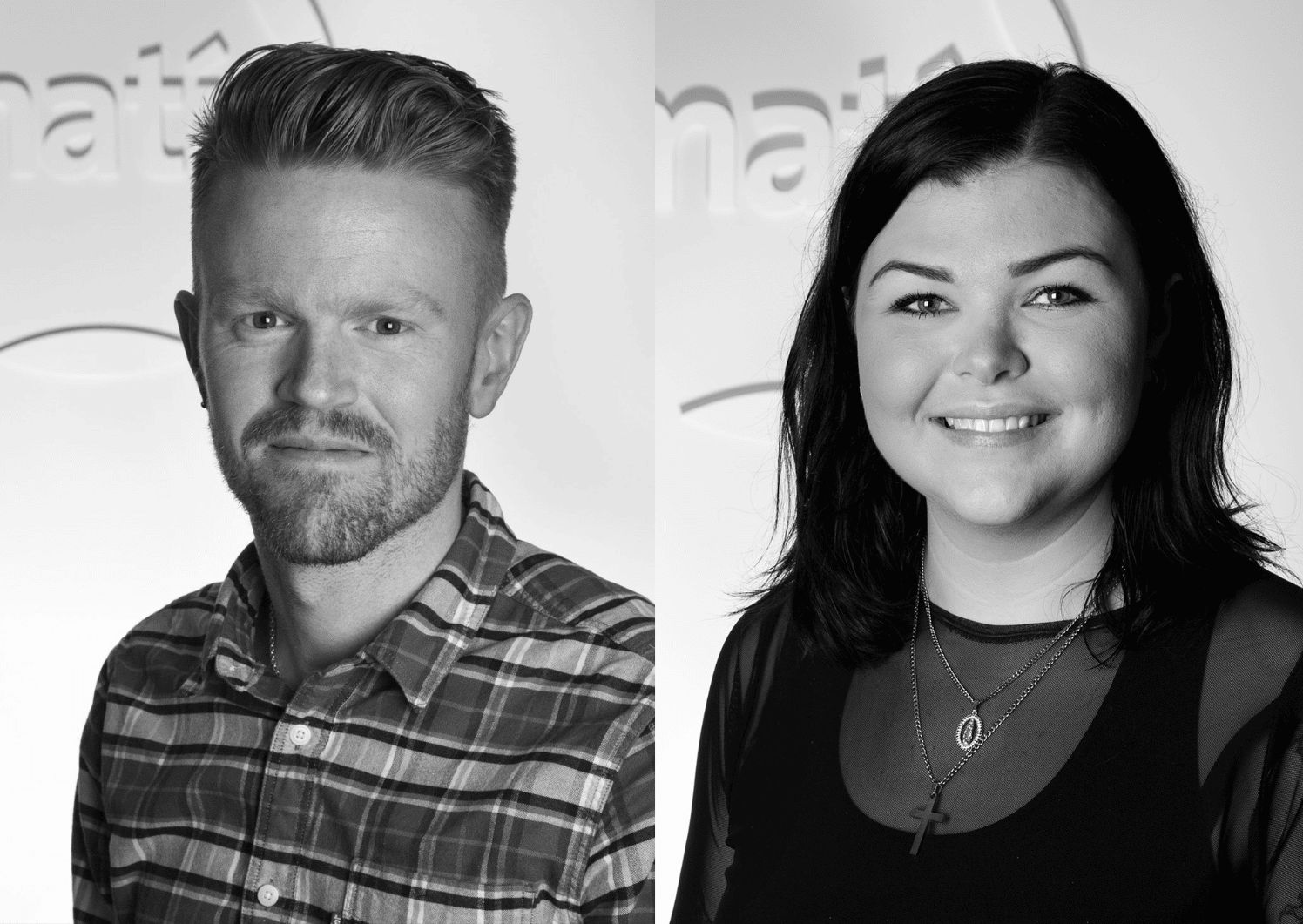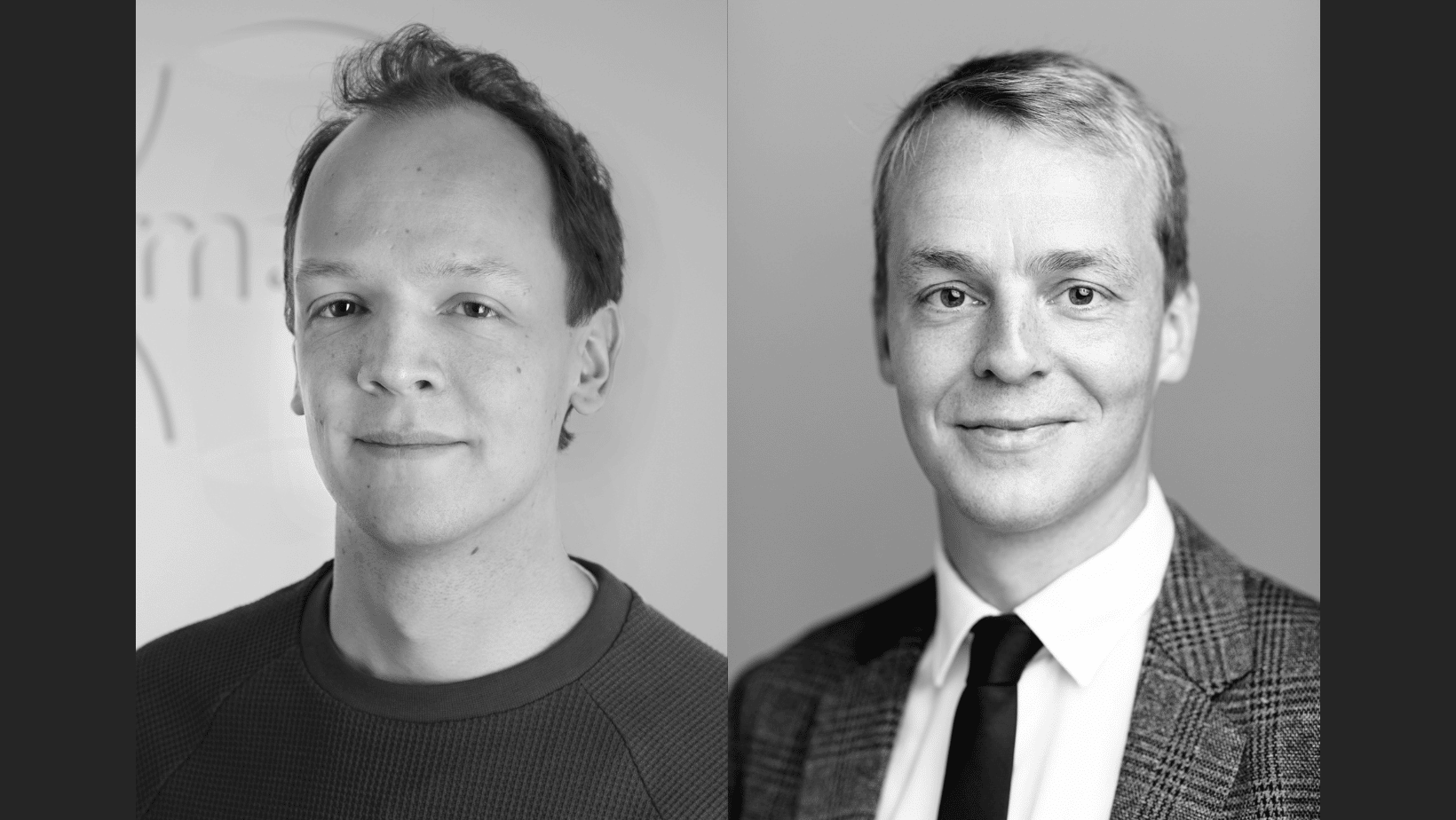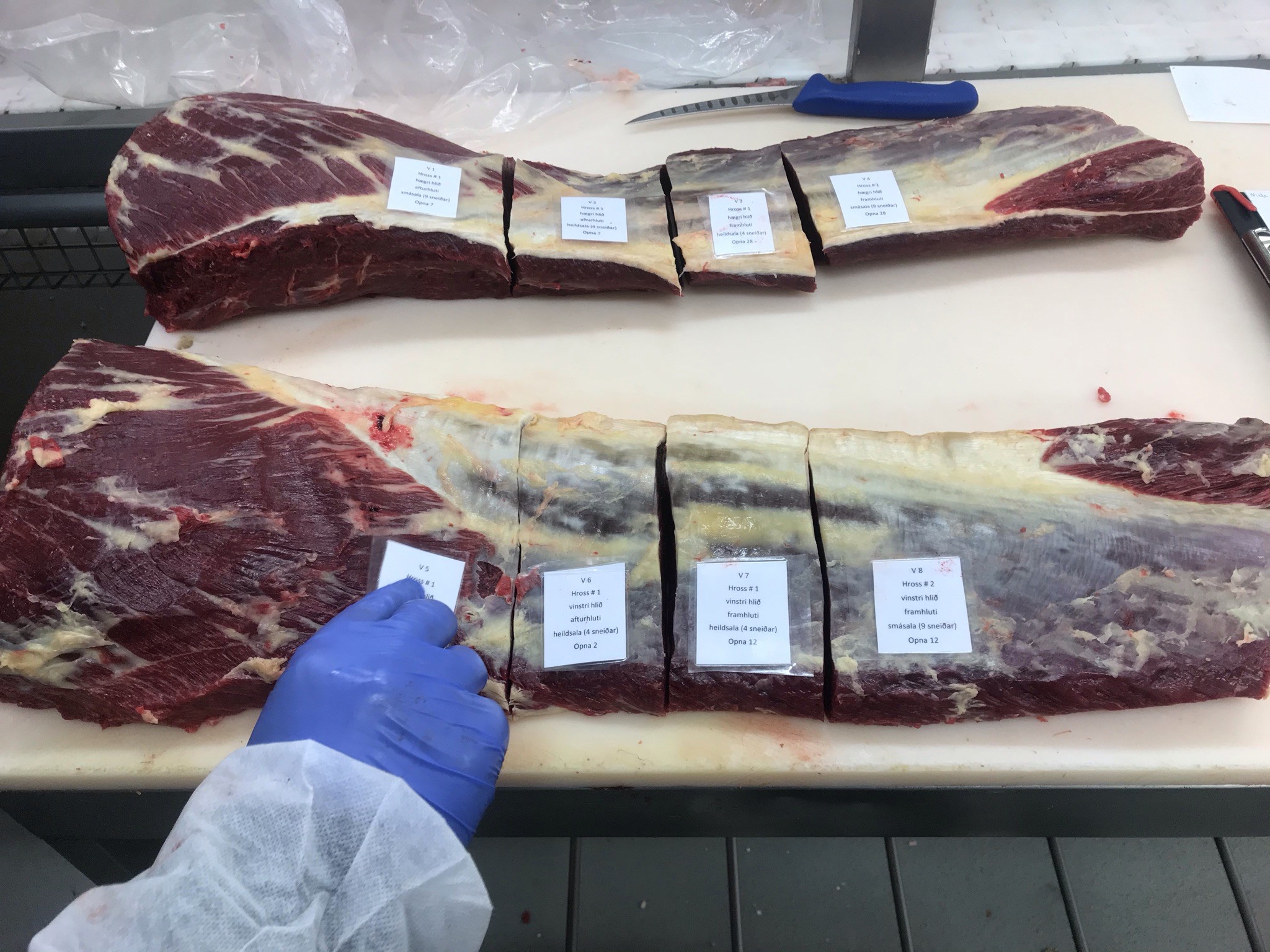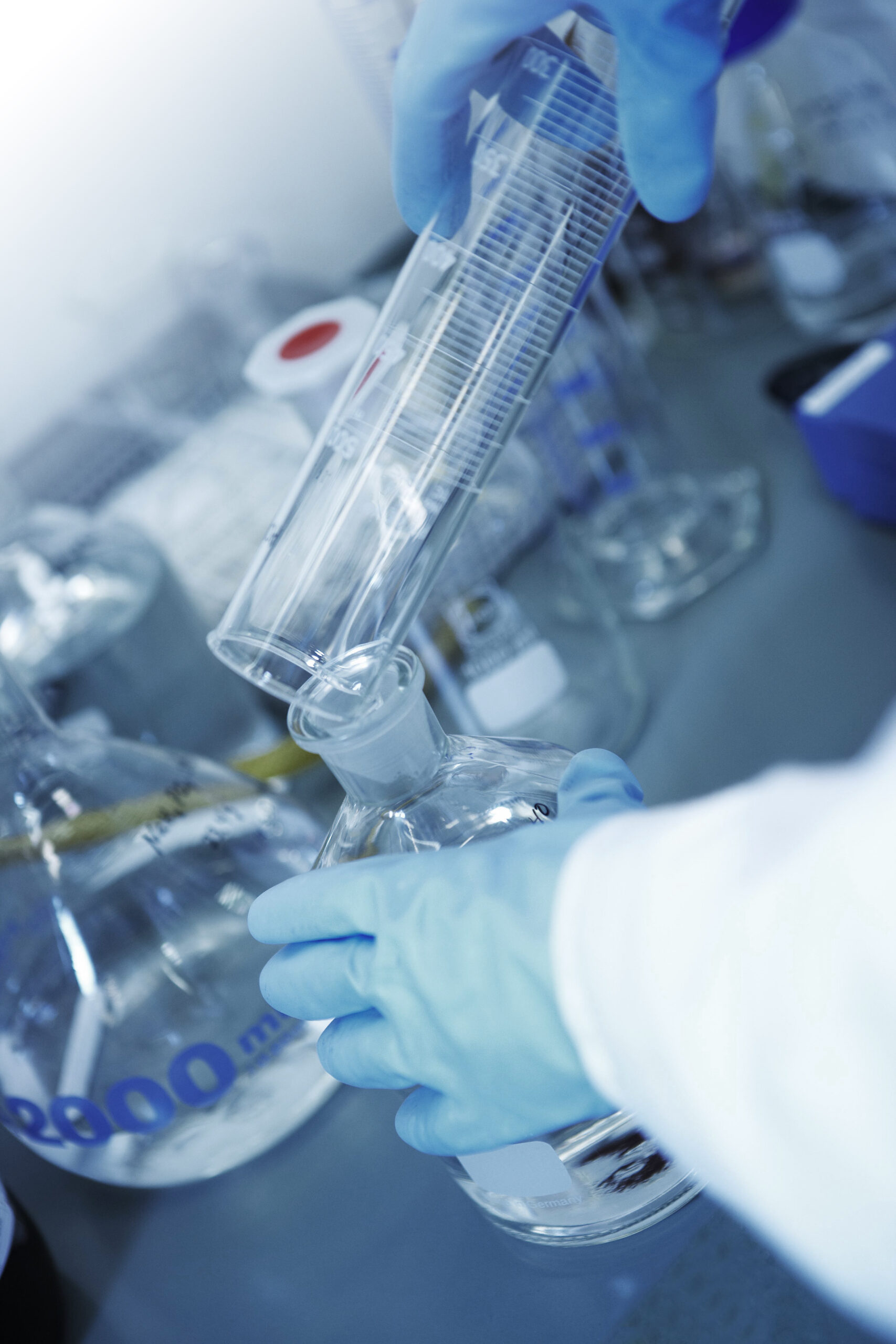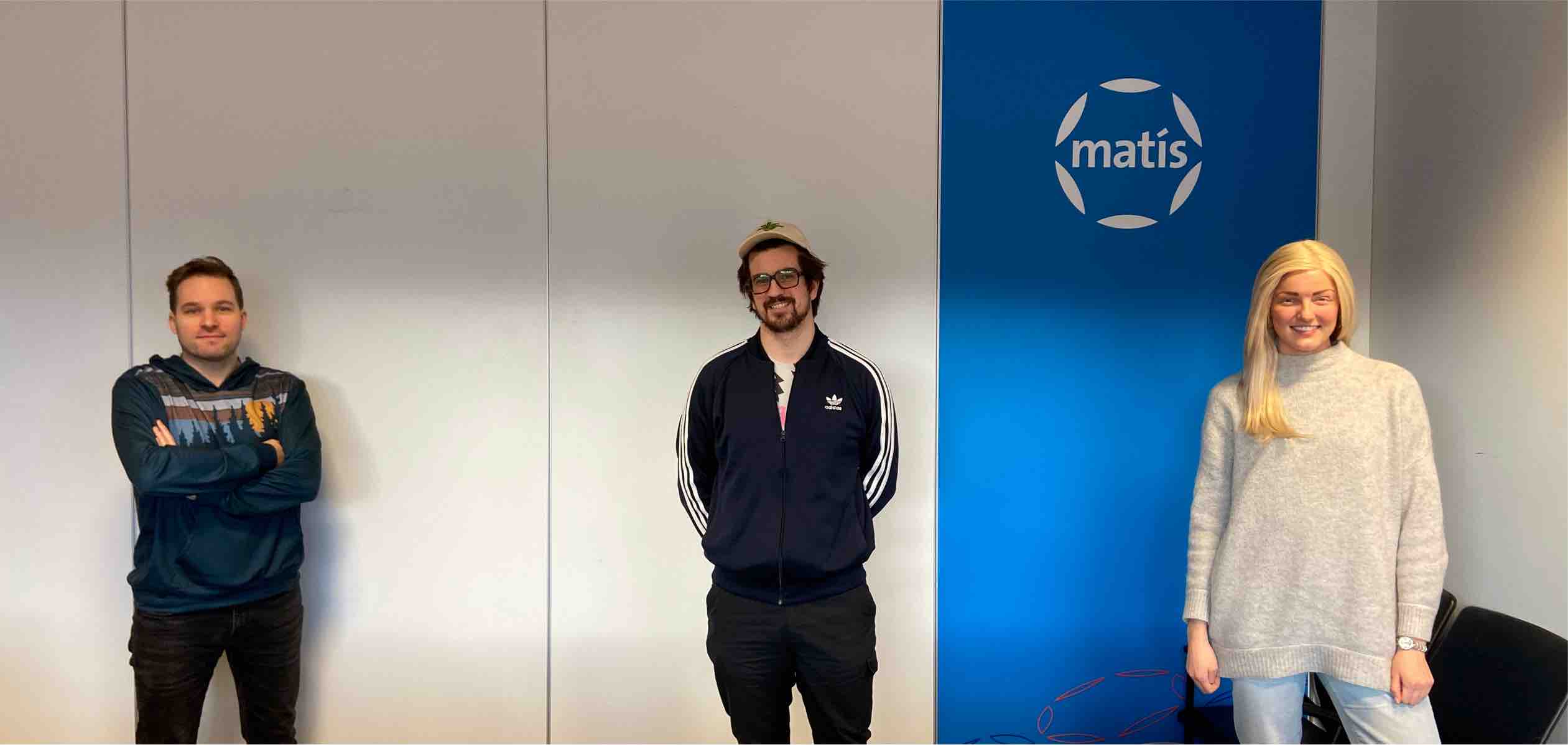Shit mix! Sustainable fertilizer production
Jónas Baldursson verkefnastjóri hjá Matís og Eva Margrét Jónudóttir sérfræðingur hjá Matís ræða hér verkefnið Sjálfbær áburðarframleiðsla, heildstæð nálgun á […]
Shit mix! Sustainable fertilizer production Nánar »
